A short trip to a small island off Tarkarli in Sindhudurg District along coastal Maharashtra a few years ago introduced me to the sport of Kayaking. This first experience led me to explore how I could continue with the sport in Mumbai itself. The Walduni canal, not far from my home in Ulhasnagar would have been very convenient, but it is too polluted to be safe for kayaking. So my eyes were set on the Ulhas river, further down.
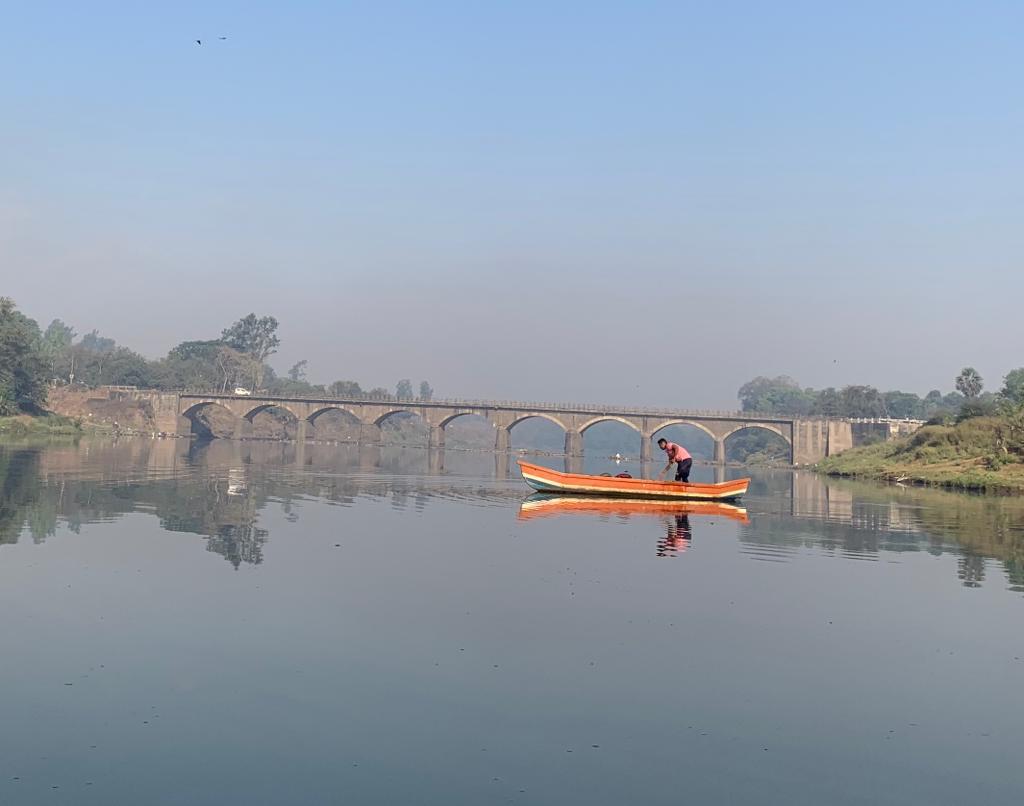
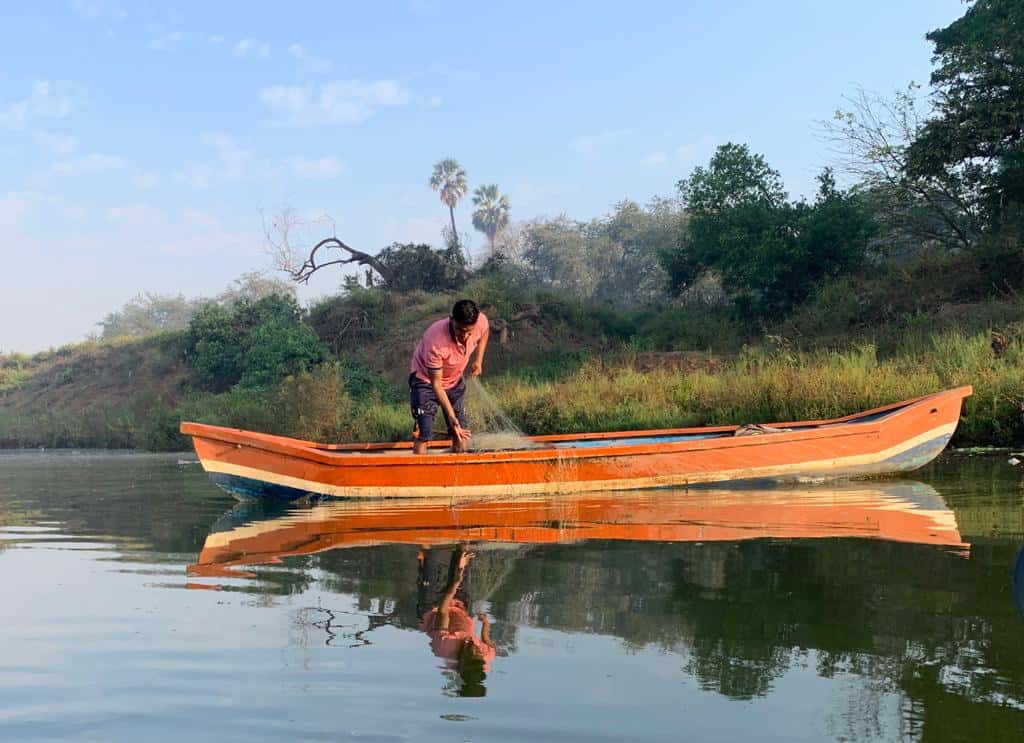
Two years ago I got an inflatable kayak, and soon picked up the basics of water safety through interacting with a friend Pradip Patade who is also a marine ecology enthusiast. I started paddling in the Ulhas river and its tributaries, Barvi and Bhatsa, with the guidance of a few fishermen who rely on these waters for their livelihood. Currently, most of the kayaking I do happens on the gentle flowing and relatively cleaner waters of the Bhatsa.
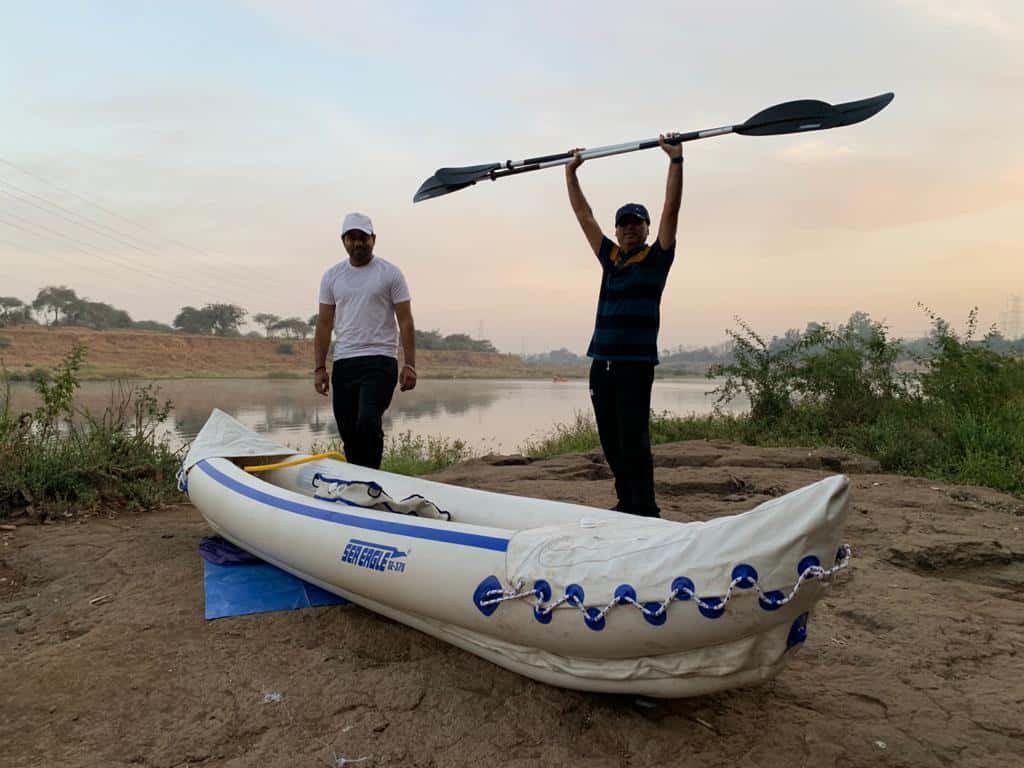
The Bhatsa river emerges from the Bhatsa Dam, one of three major reservoirs that supply domestic water to Mumbai (the others being Tansa and Vaitarna). The river itself is estimated to be about 40 km long, meandering through several villages. Kayaking on a river is relatively permission-free, but people need to be sensitive and refrain from interfering with the local activities of the villagers, like their washing of clothes, scrubbing of livestock, and so on.
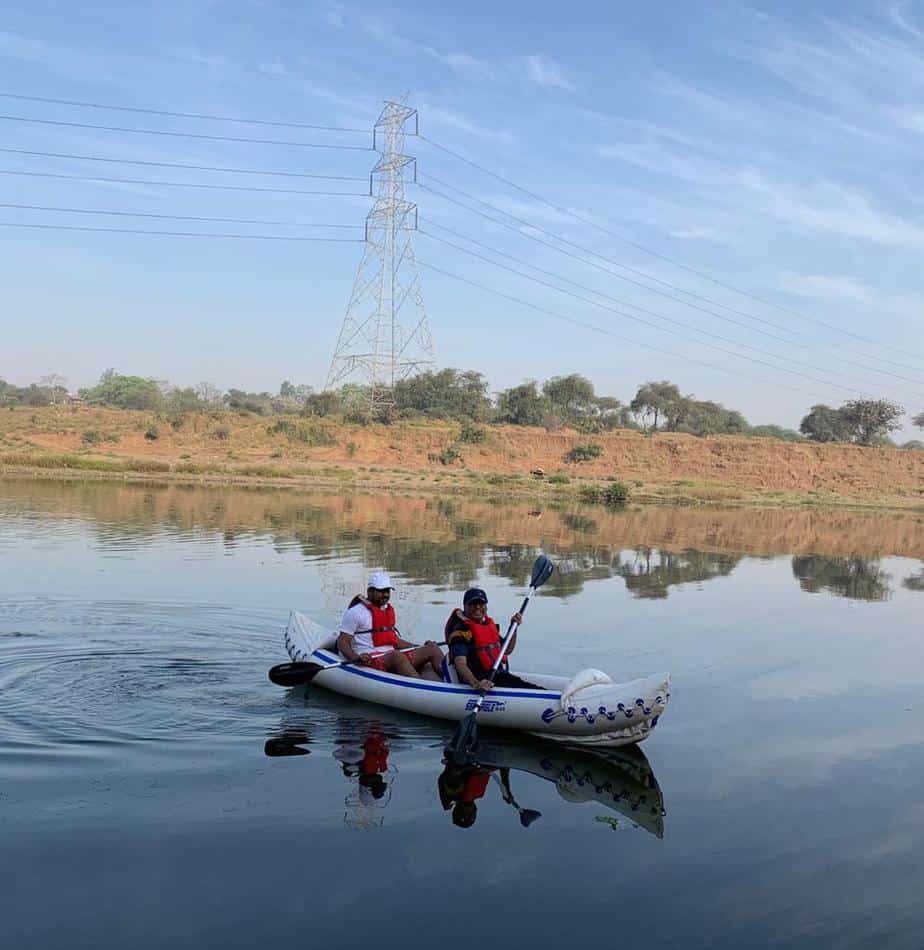
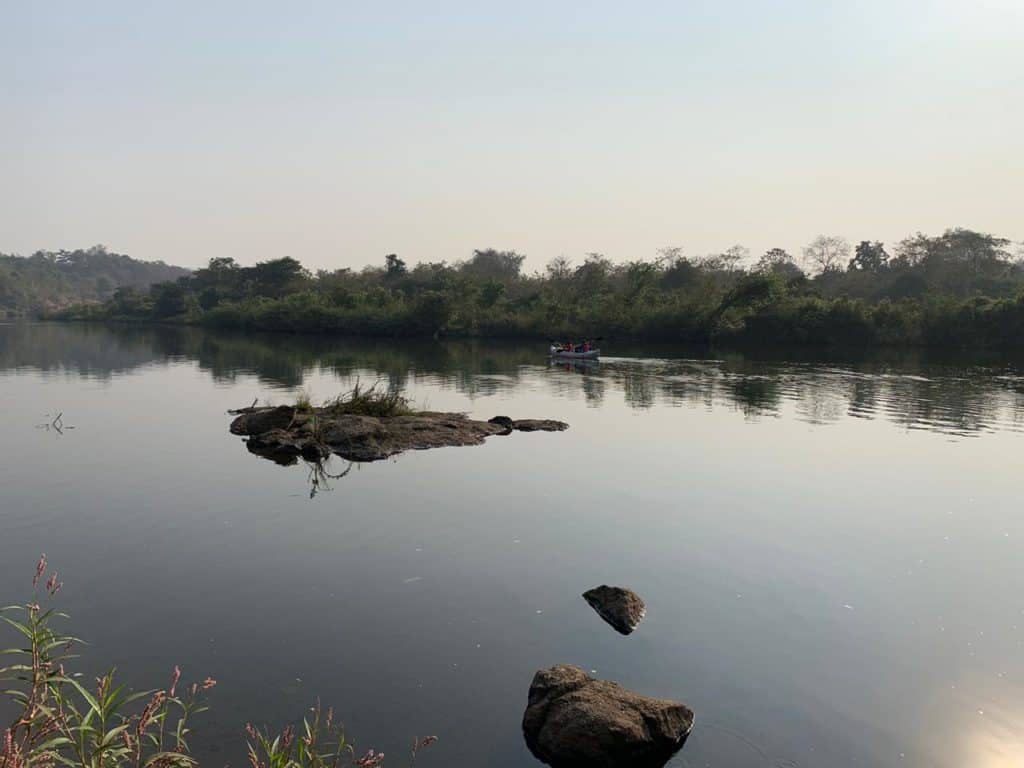
While water-sports clubs along the Mumbai seafront have not reopened since the lockdown, river kayaking is quite accessible through the year. The kayaking activity base is set in Vasind, 75 km from Mumbai, off the Mumbai-Nashik Highway.
I am now leading an initiative to enable Mumbaikars to explore rivers by paddling in waters with watercrafts, with support from sports leaders of a Decathlon store in Thane. Incidentally, this store is one of the few in Mumbai that offers an affordable range of recreational kayaks.
Over the last two months, we have enabled close to a hundred Mumbaikars (including those as young as 8-11 years old) to experience kayaking for the first-time. We aim to have a thousand Mumbaikars experience the river waters with us, in the coming year.
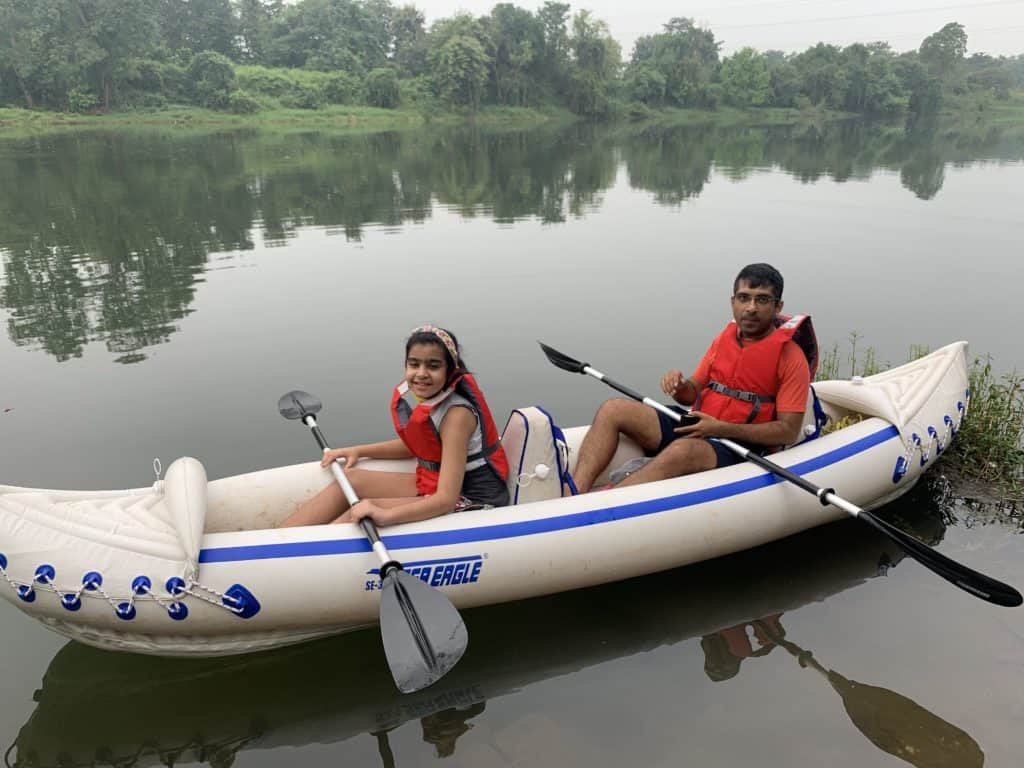
The river ecology is diverse. We’ve seen a variety of species of birds, insects (butterflies, dragonflies, etc.) reptiles, fish and other creatures around the river belt.
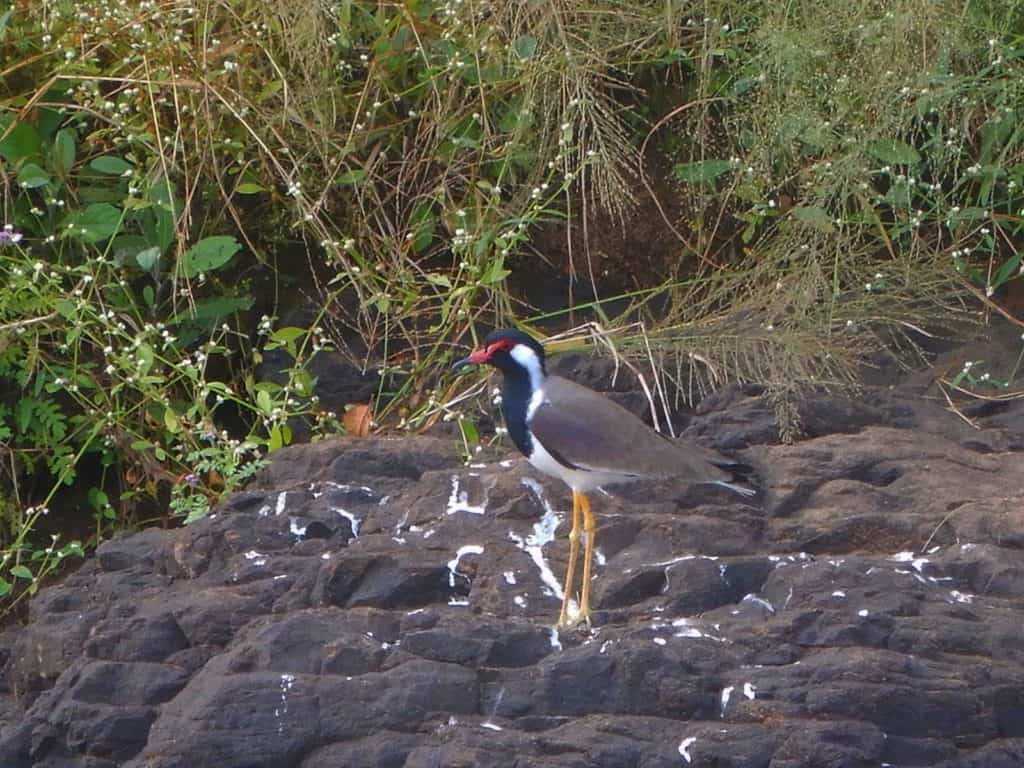
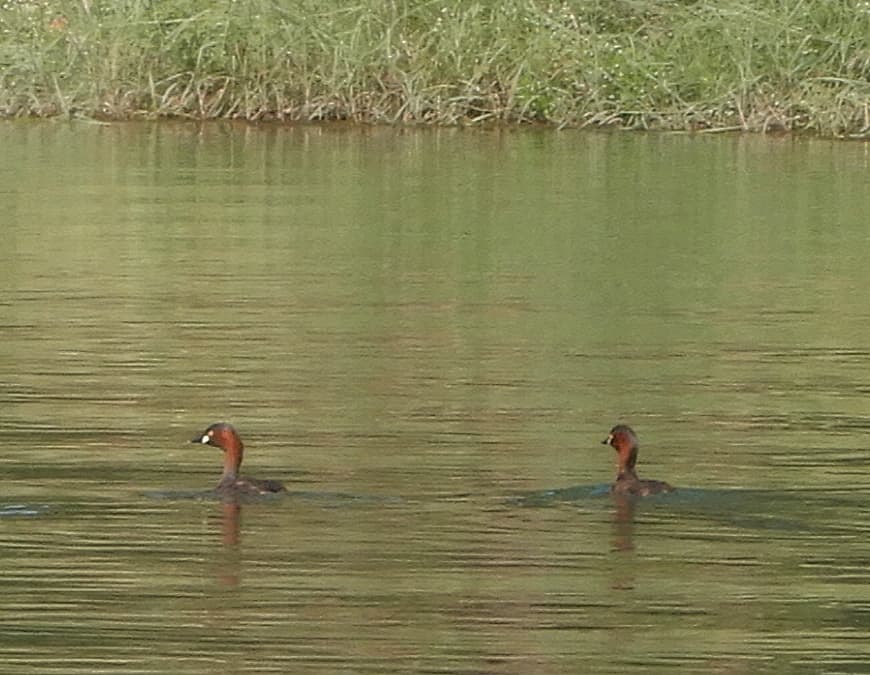
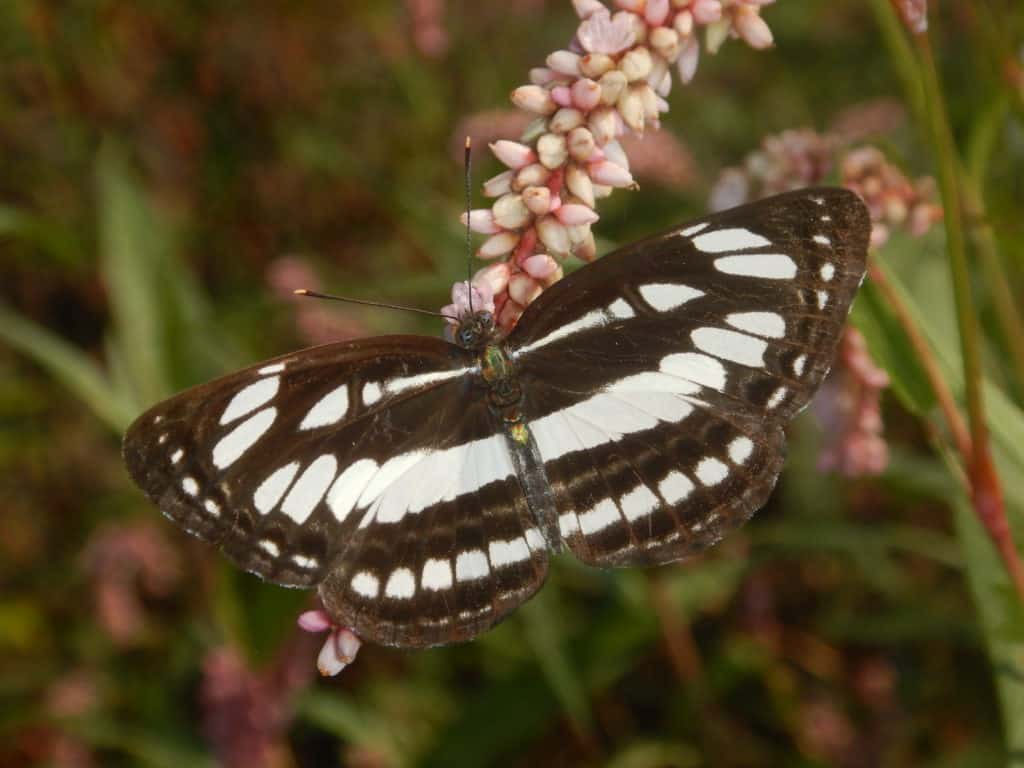
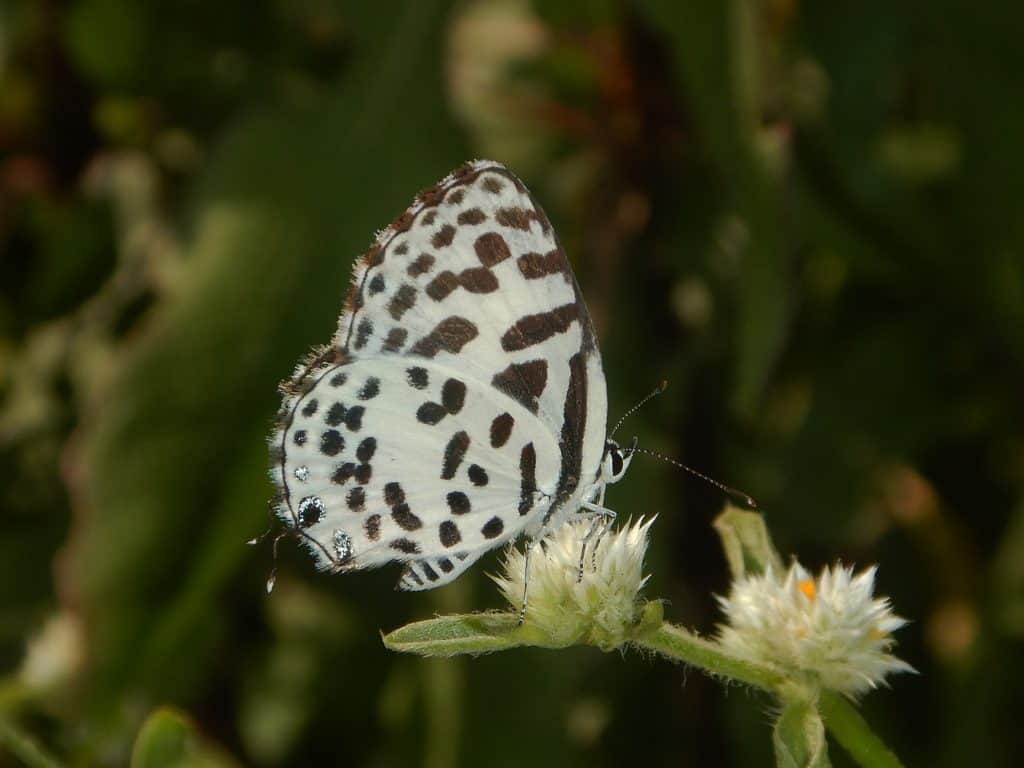
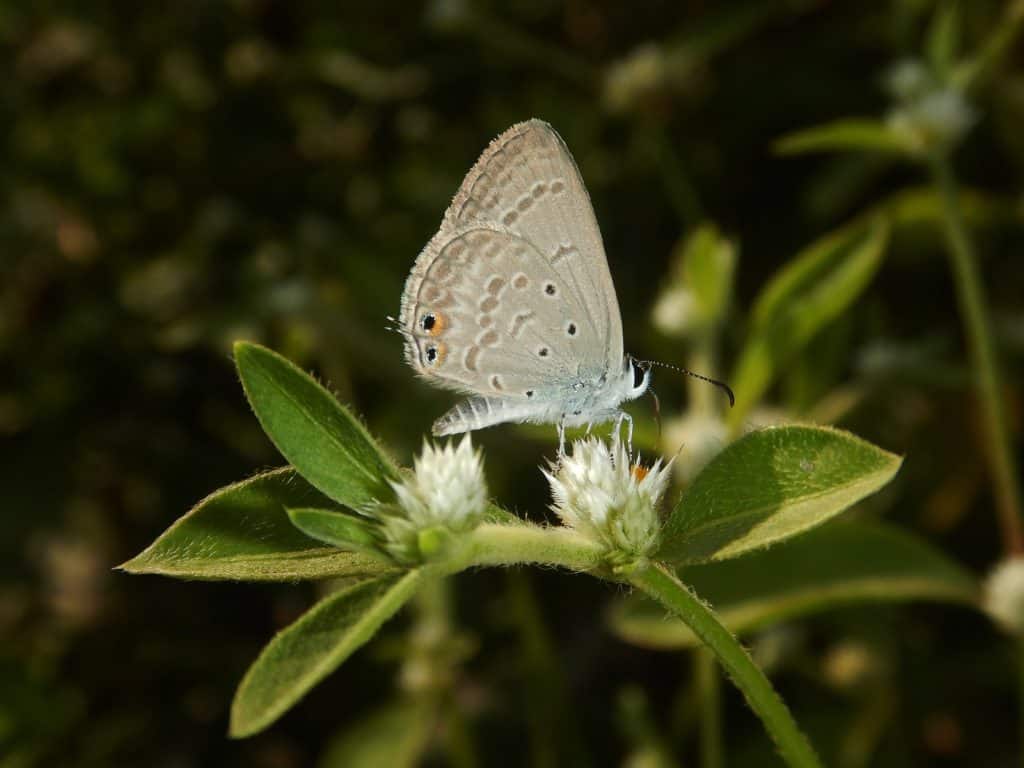
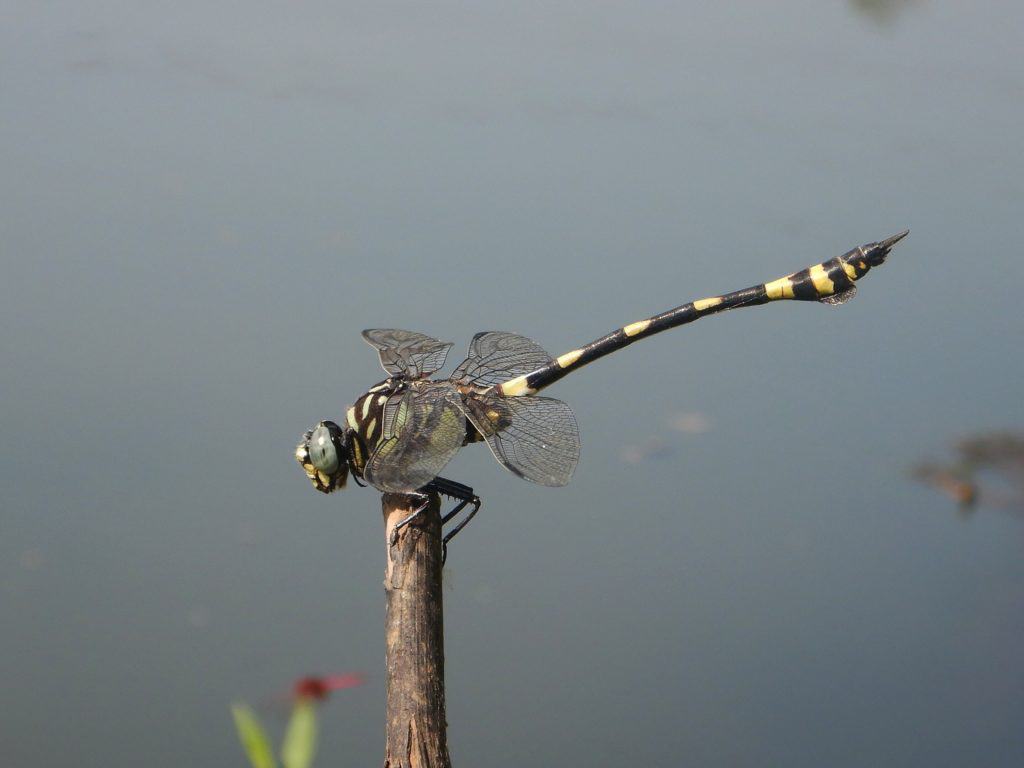
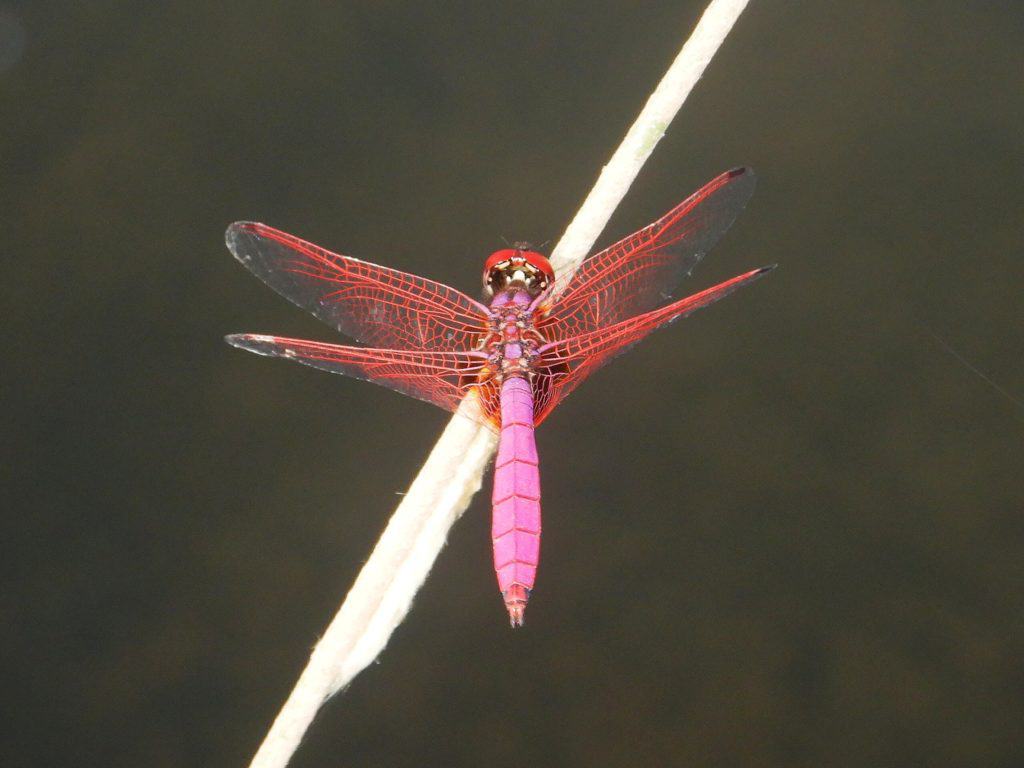
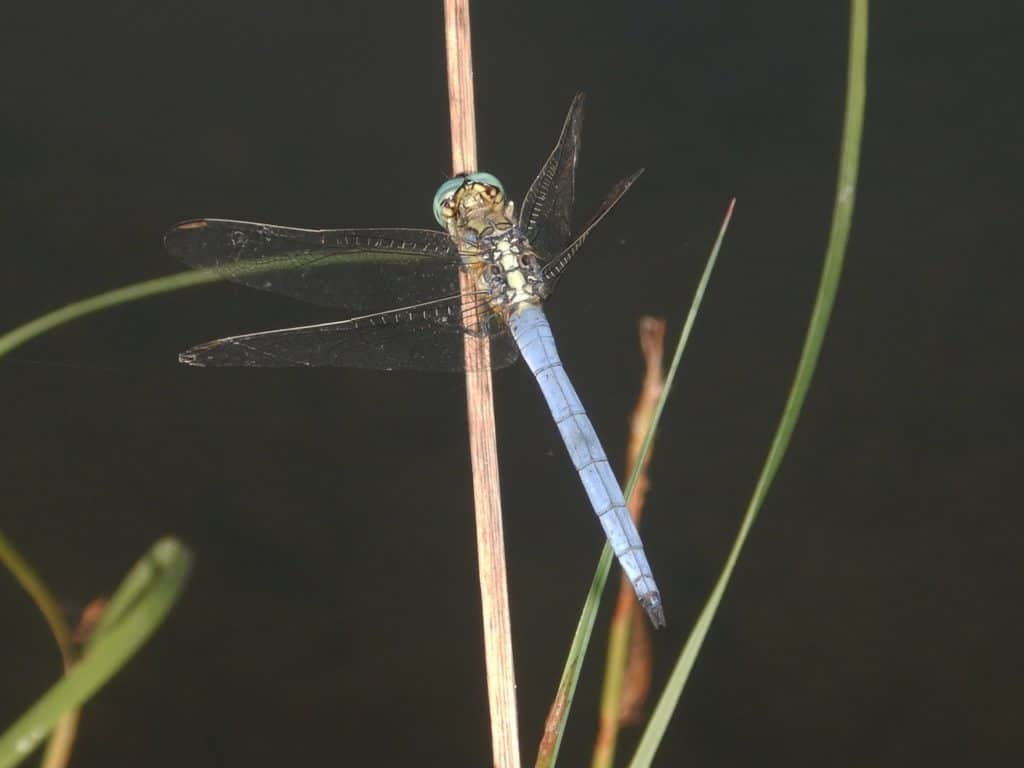
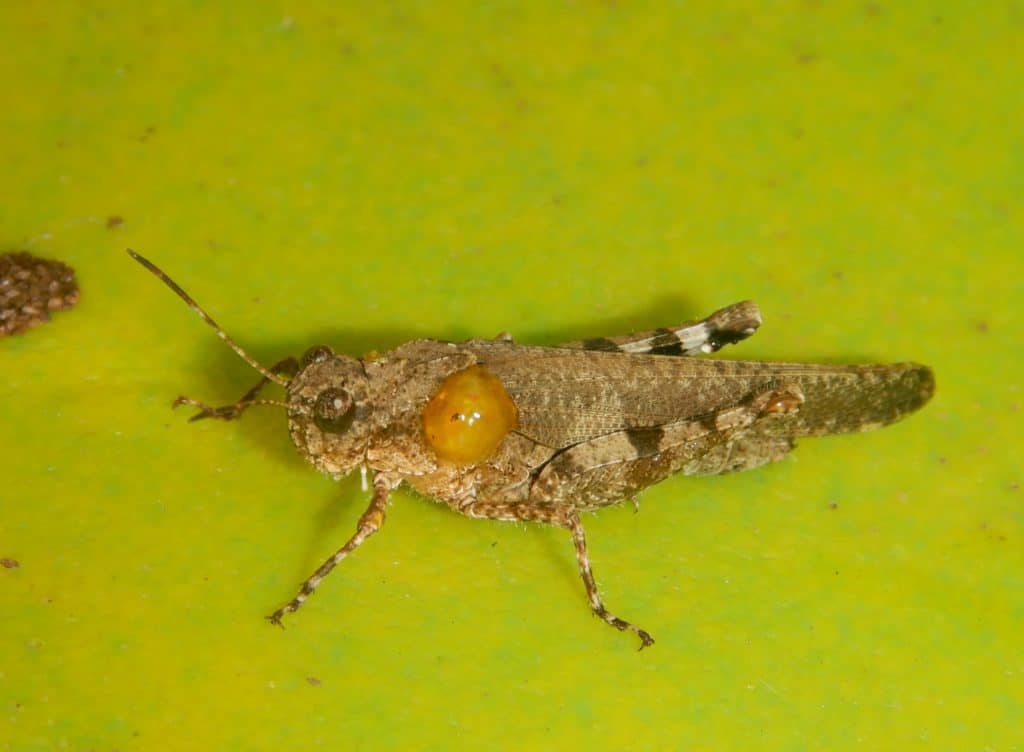
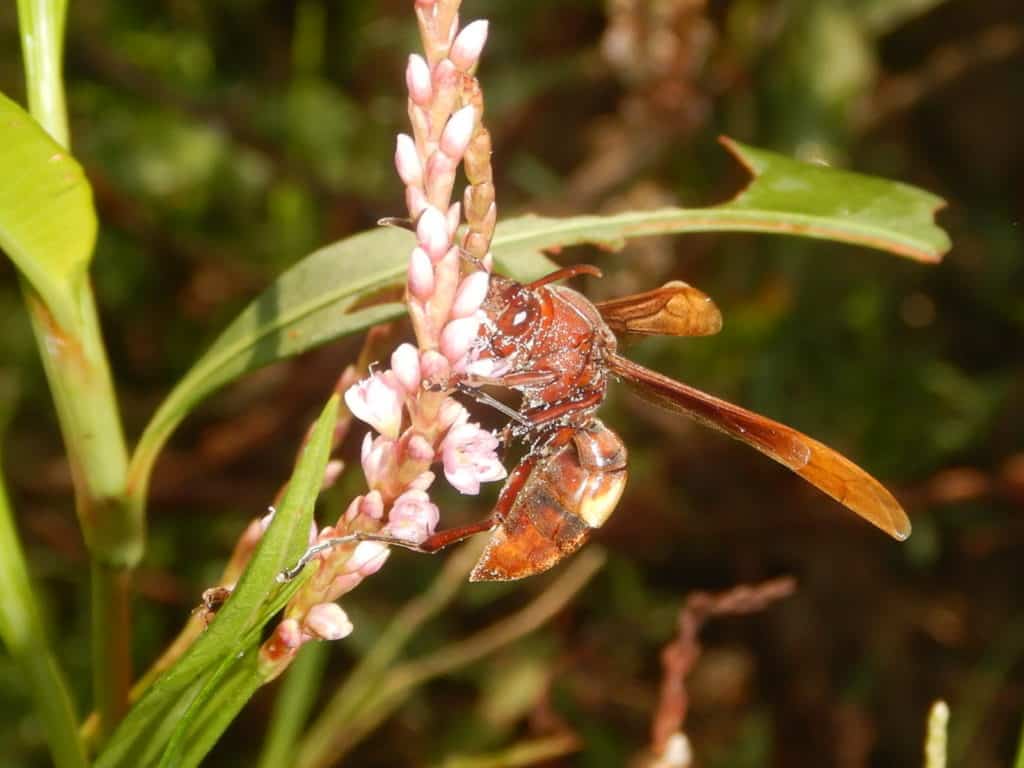
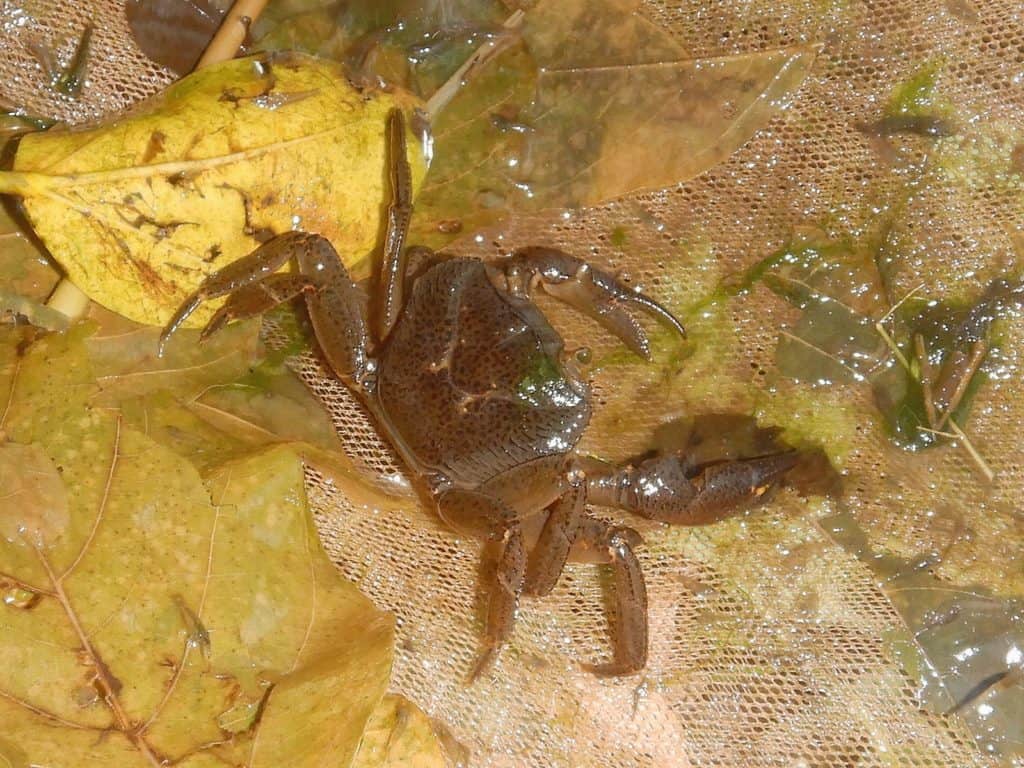
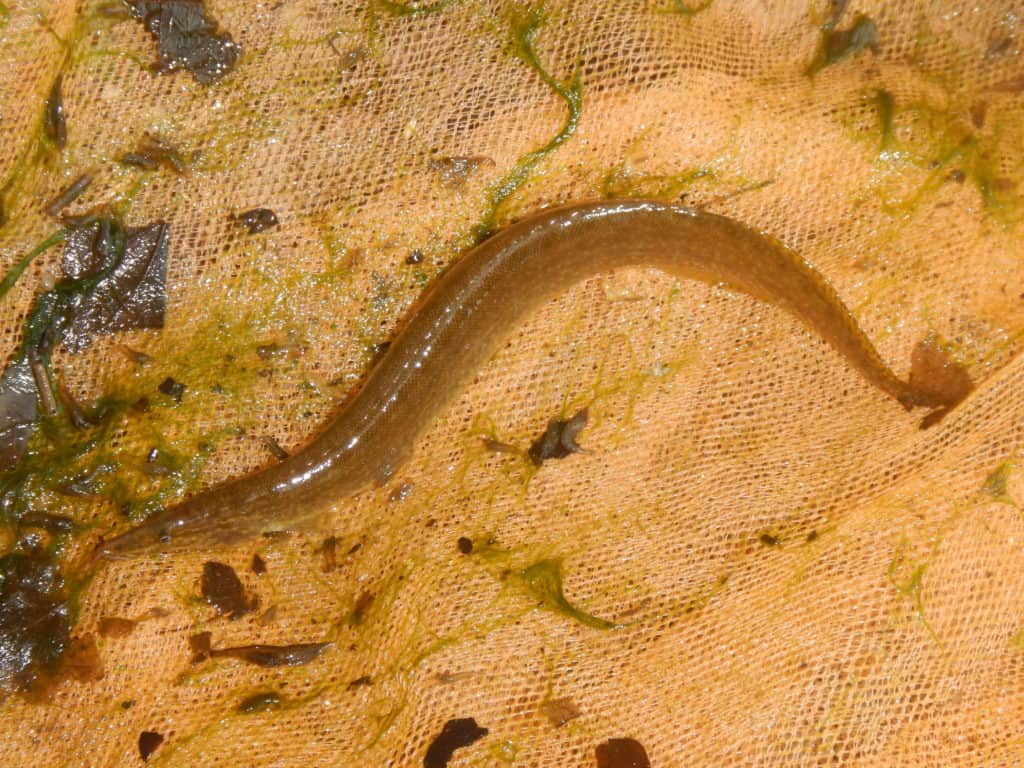
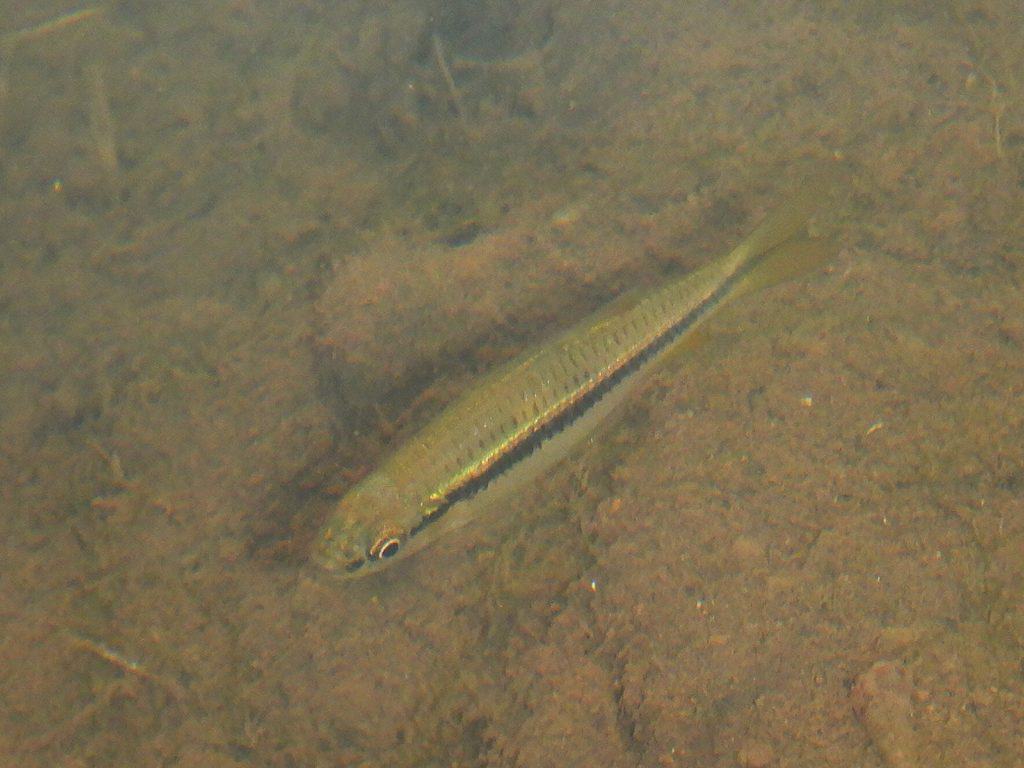
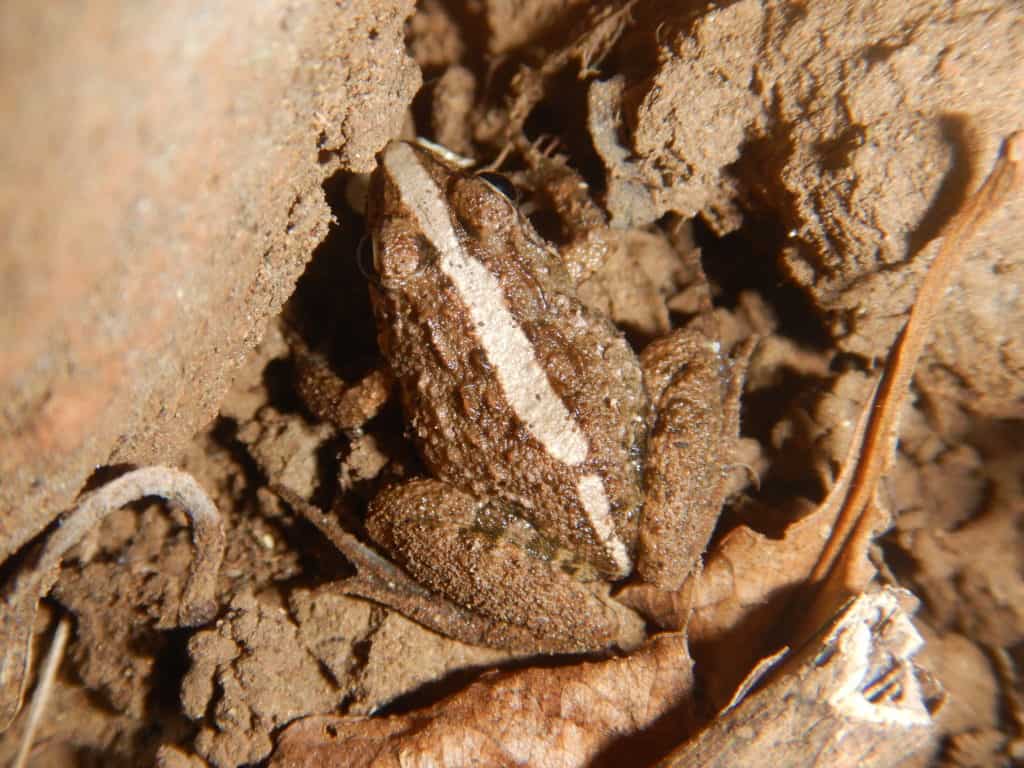
Every trip, we spot something new. And every trip we feel more committed to the preservation of the ecosystem along the river, and reversal of the degradation that we observe.
Also read:
Great initiative
Amazing initiative Deepak.
Getting connected to nature and helping people to get connected without creating any pollution in water resources, hats off to you for this. Thanks for creating such opportunities.
are there any kayaking sessions this weekend 20/21 april 2024?